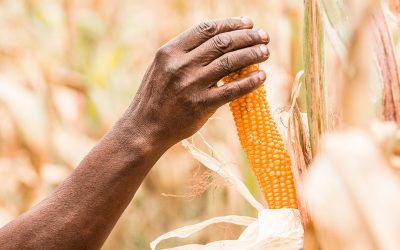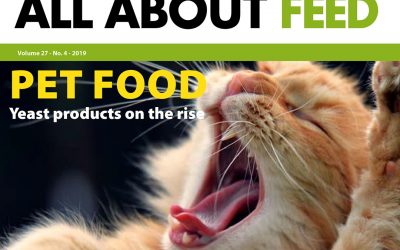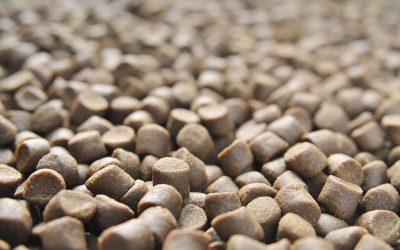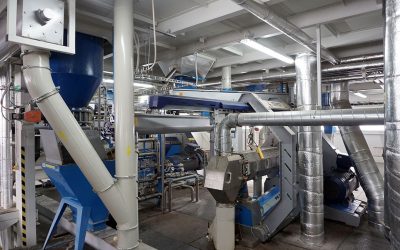Extrusion workshop in South Africa
A practical introductory workshop on the basic principles, technology and job creation opportunities of extrusion technology in the manufacturing of food, feed and plastic products, will be presented by the Department of Trade and Industry’s (dti) Centre of Excellence in Advanced Manufacturing (CoE) at the North-West University (NWU) in Potchefstroom on the 7th of March 2012.
Participants will have the opportunity to obtain first-hand information from two leading extrusion experts, Prof LJ Grobler, Head of the CoE at the NWU, and Danie Vorster, Technical Manager of the CoE at the NWU.
Sample food and feed products will be produced on an extruder during practical demonstrations.
The course is intended for government economic development agencies, entrepreneurs looking for business opportunities, food, feed and plastic processors interested in extrusion technology, as well as producers of agricultural produce interested in adding value.
What is extrusion?
Extrusion can be described as a process during which a material is forced through a defined opening.
In the instance of extrusion used for food or feed product manufacturing, a mechanical cooking process forms part of this processing process.
Extrusion is applied in the food, feed, plastic, powder paint and plastic composite industries.
Products such as breakfast cereal, puffed chips, animal feed (especially pet food and aquafeed) and plastic wood composites can be produced using this technology.
Why make use of extrusion?
“Extrusion is particularly suitable for Africa, as it is a relatively inexpensive, energy-efficient and easily operated method to produce a wide range of animal feeds, ready-to-eat foods or plastic composites. It is also environmentally friendly, as it produces minimal waste products,” says Prof LJ Grobler of the NWU.
Small to medium-sized processing plants that use extrusion technology can be established on farms or in rural areas to manufacture products in close vicinity to where staple foods are grown or recyclable products are available.
Entrepreneurs can form co-operatives to benefit from using this technology to add value to raw materials.
For further information or an information brochure, contact Vivian Claassen at vivian.claassen@nwu.ac.za or visit the website











